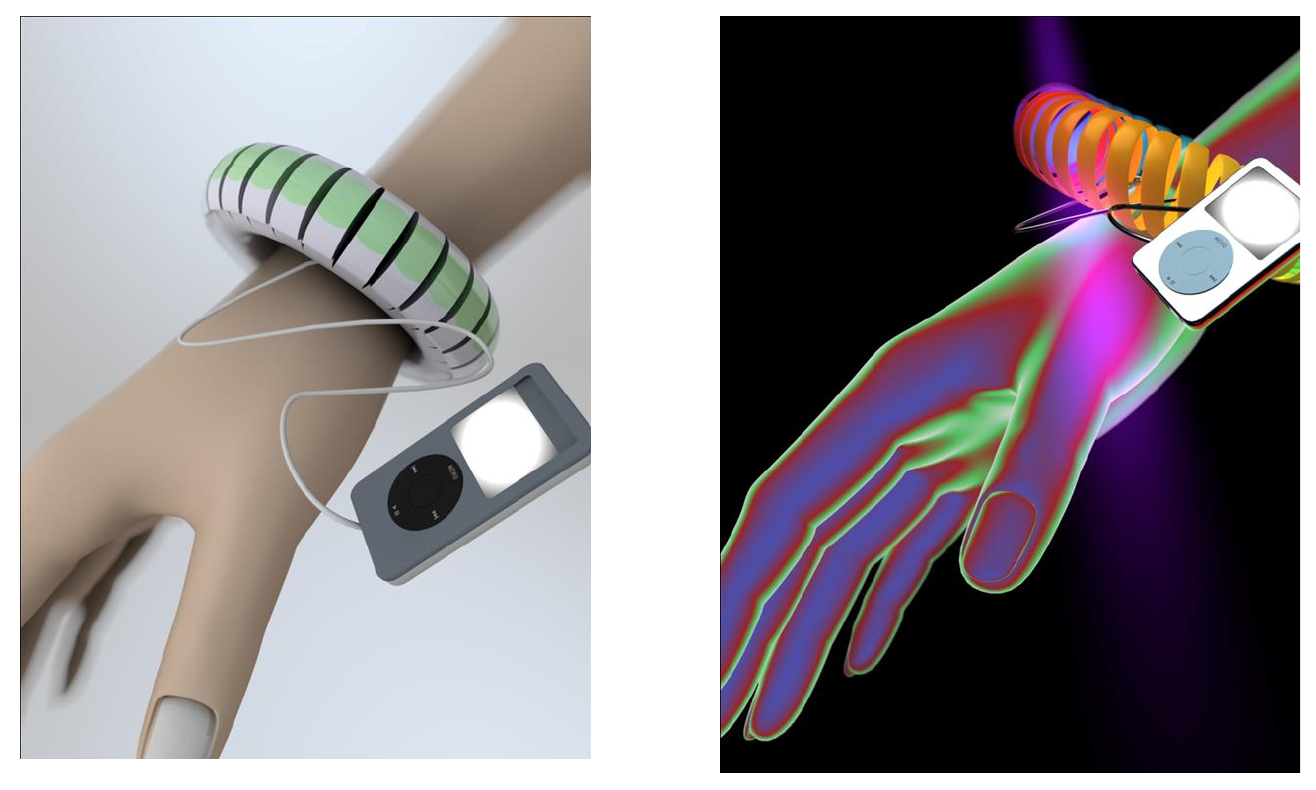Professor Koster partner in consortium dat H2020 Marie Curie ITN-ETN-subsidie ontvangt
Prof. dr. Jan Anton Koster van het Zernike Institute for Advanced Materials (ZIAM) is partner in een consortium dat een H2020 Marie Curie ITN-ETN-subsidie ontvangt ter waarde van bijna vier miljoen euro. De subsidie is bestemd voor het project ‘Hybrid and ORgAnic ThermoElectric Systems (HORATES)’. Het doel van het project is om vijftien veelbelovende beginnende onderzoekers (early stage researchers – ESR's) op te leiden in het opkomende interdisciplinaire veld van organische thermo-elektronica.
Afvalwarmte is een overal aanwezige bron van energie van lage kwaliteit die nog moet worden geoogst en omgezet in energie van hoge kwaliteit in de vorm van elektriciteit. Goedkope en zeer schaalbare thermo-elektrische generatoren (TEG) op basis van organische materialen en hybride composieten kunnen dit. De ESR's (PhDs) worden getraind in de volledige keten van organische thermo-elektronica; van moleculair ontwerp en synthese via diepgaande karakterisering en voorspellende multischaalmodellering tot gedrukte apparaten met een groot oppervlak. Het consortium bestaat uit acht wetenschappelijke en drie industriële partners. De Ruprecht Karls Universität Heidelberg is coördinator.
Prof. dr. Koster ontvangt 266.000 euro voor zijn aandeel in het project. Om rekening te houden met de specifieke eigenschappen van organische halfgeleiders, is een robuust model nodig voor het optimaliseren van thermo-elektrische generatoren (TEG's). De PhD student van Koster combineert hiervoor experimenteel werk met numerieke simulaties. De doelstellingen zijn het opzetten en testen van een model voor thermo-elektrische benen en volledige TEG's en het gebruiken van het model om het ontwerp van dergelijke TEG's te optimaliseren.

Meer nieuws
-
29 januari 2026
Microplasticonderzoek - opgeblazen nieuws of een echt gevaar?
-
27 januari 2026
ERC Proof of Concept grant voor Maria Loi
